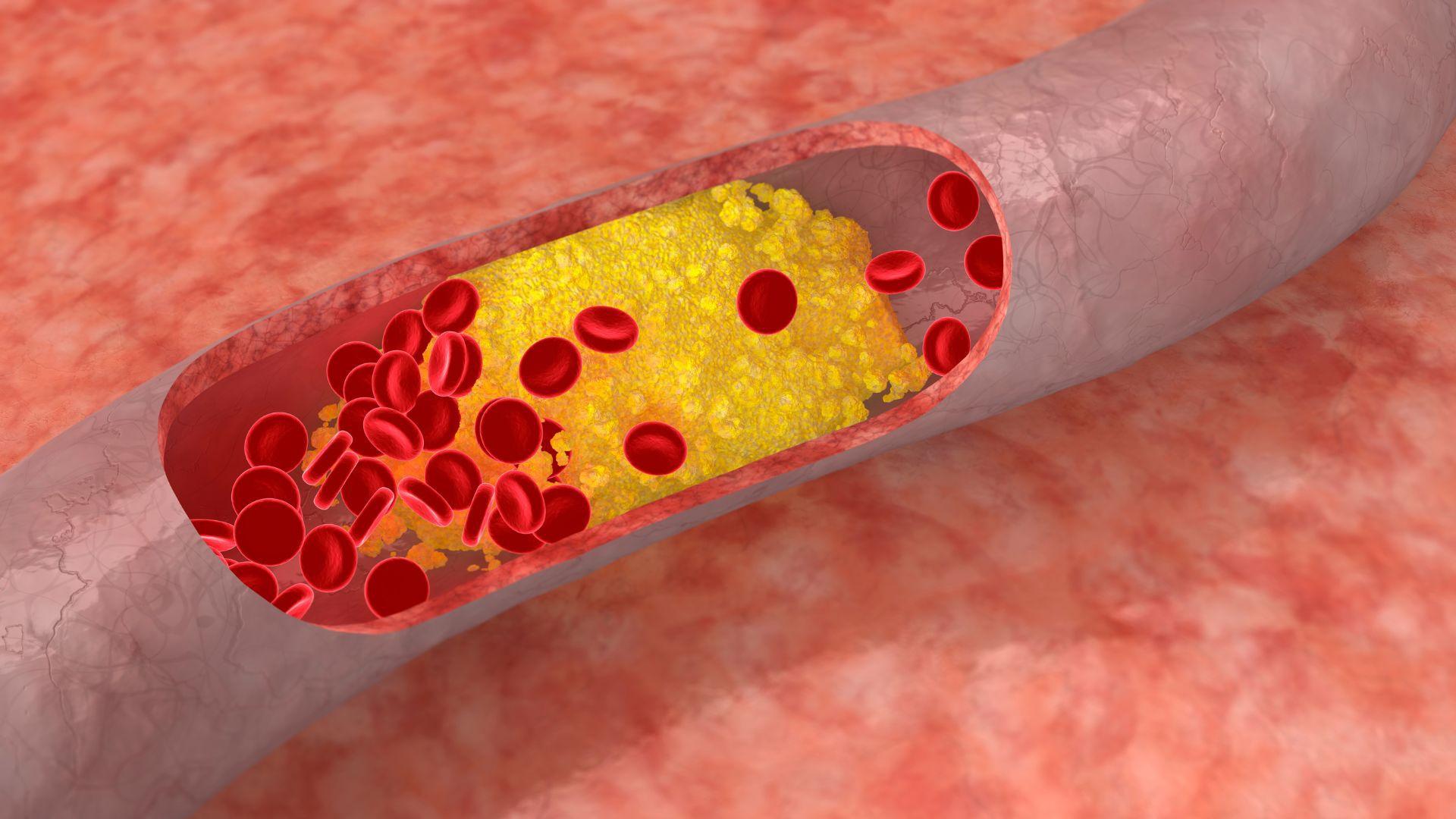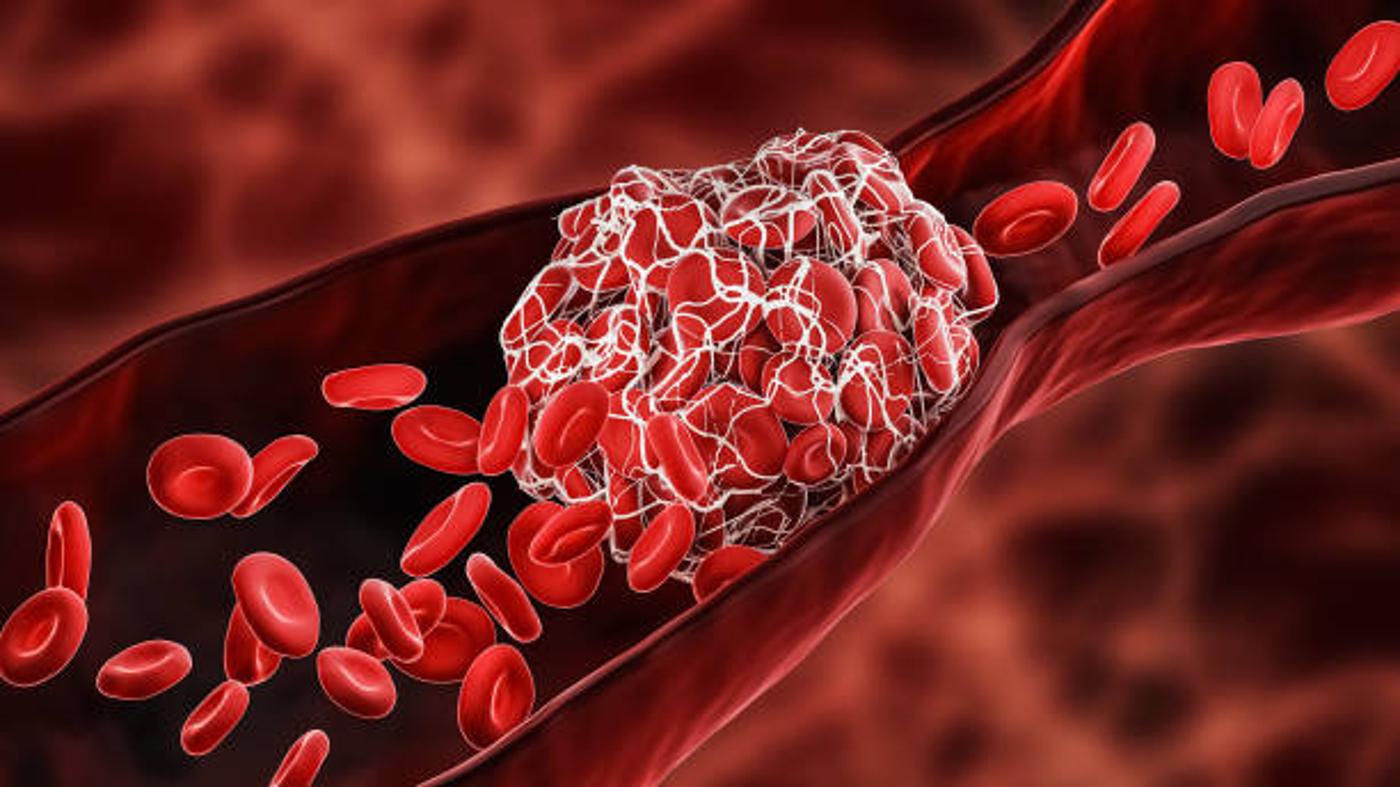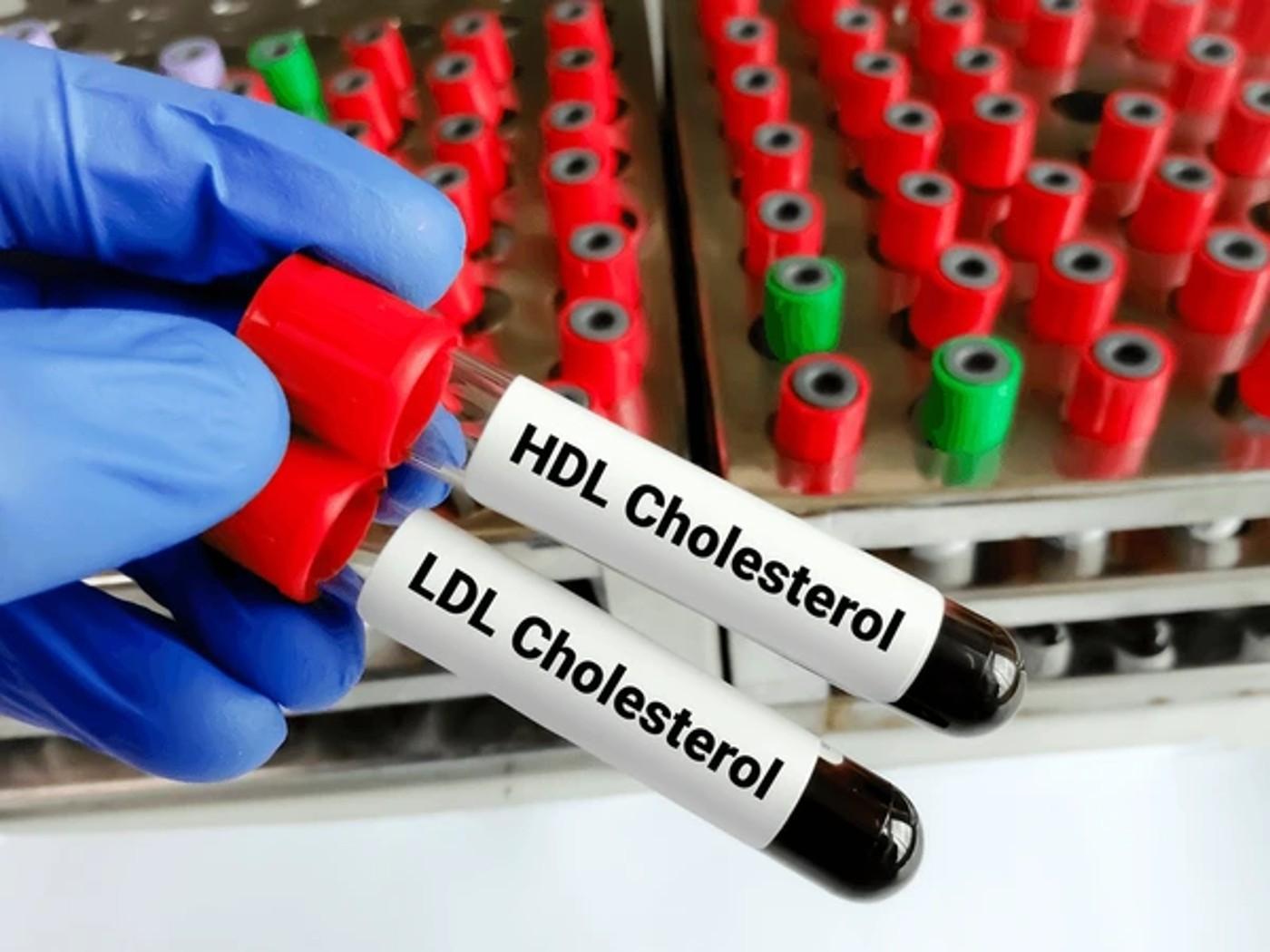Most people have at least heard about cholesterol; some know that there is “good” and “bad” cholesterol, and others understand that high cholesterol can cause heart attacks.
However, very few people know that they could be at risk for a cholesterol-related death, even if they’re completely healthy. A study shows that millions of Americans are dying from a specific type of cholesterol before they even know they have a problem.
Bad vs. Good Cholesterol

One of the main reasons people are so confused about cholesterol is that there are two kinds: good cholesterol, or HDL, and bad cholesterol, or LDL. Good cholesterol is not only naturally created in the body. It’s also necessary for the body to function properly.
On the other hand, bad cholesterol is the excess of cholesterol, which increases due to poor diet and lifestyle choices. It lines the arteries, causing blockages which can lead to dangerous or even fatal heart attacks and strokes.
There Is a Third Kind of Cholesterol

However, there is also a third type of lipid in the body that has a very similar structure to bad cholesterol called Lp(a) that even fewer people know about. Like LDL, Lp(a) leads to plaque build up in the arteries, as well as causes blood clots.
But unlike LDL, Lp(a) doesn’t develop in the body due to lifestyle choices; Lp(a) levels are completely genetic. Even people who are extremely healthy can have dangerously high amounts of Lp(a).
High Lp(a) Levels Lead to Heart Attacks and Strokes Early in Life

Those who have inherited high Lp(a) levels from their ancestors are far more likely to experience a stroke or heart attack earlier in life.
As Dr. Steven Nissen, the chief academic officer of the Heart, Vascular & Thoracic Institute explained, “[People with high Lp(a) levels] are scared to death. Everybody in their family has had a heart attack or stroke or bypass surgery or stent in their 40’s.”
64 Millions Americans Have Elevated Lp(a) Levels

And there are certainly a lot of people living with this condition and subsequent fear. In fact, more than 64 million Americans have elevated Lp(a) levels.
What’s especially terrifying about this condition is that there are no symptoms. The only way to know if you have it is to be tested, and most people are only tested if their biological parents or grandparents experienced severe or fatal strokes or heart attacks in their 40’s and 50’s.
Very Few People Have Been Tested

Medical professionals didn’t even know what Lp(a) was until 1963 when geneticist Kare Berg discovered it. Over the past 60 years, doctors have understood that this condition existed, but very few tested their patients for Lp(a) because there was no known treatment.
Cardiologist Dr. Sahil Parikh explained, “The challenge has been, if you test for something and don’t have a treatment for it, are you doing the patient any favors? I used to not test for things that I couldn’t treat.”
There Is No Treatment for Elevated Lp(a)

To this day, there is still no known treatment for elevated Lp(a) levels. However, Dr. Parikh and many others agree that testing shouldn’t rely on a lack of treatment.
They believe that people deserve to know that they have this condition and that an early stroke or heart attack could be in their future. Additionally, there are steps they can take to better protect themselves even without specific Lp(a) medication.
Understanding They Have This Problem Is Changing People’s Lives

First and foremost, for those who test positive for elevated Lp(a) levels, doctors can and will prescribe existing medications to bring down their LDL levels and maintain a healthy blood pressure.
Because high Lp(a) levels essentially increase one’s chances of build up in the arteries and blood clots, these medications are extremely valuable.
People With Increased Lp(a) Levels Should Still Strive to Live Healthy Lives

Also, people can take action to protect themselves from early heart attacks and strokes by maintaining a healthy weight, removing high-cholesterol foods from their diet, and exercising regularly.
Each of these habits will decrease the amount of LDLs in the body, meaning it will minimize their chances of developing clots or blockages.
Scientists Have Been Working to Develop Medication for High Lp(a) Levels

That being said, even if a person follows the doctor’s orders exactly and takes the available medication, they could still experience an aggressive or fatal heart attack or stroke, simply because their Lp(a) levels are elevated.
Therefore, doctors have been hard at work trying to find a medication that will actually minimize Lp(a) in the body. Fortunately, there are currently several drugs being studied that may be able to do exactly that.
The First Real-World Results Won’t Be Ready Until 2025

Eli Lilly is working on a drug called lepdisiran which has been able to reduce Lp(a) by more than 94%; olpasiran, which is still in its clinical trial phase, has seen similar results; and Silence Therapeutics is working on a drug called zerlasiran with immense promise.
However, the leading drug for Lp(a) treatment is called pelacarsen. Created by pharmaceutical company Novartis, they hope to have real-world results by sometime next year.
Keeping People Safe Until the Medications Are Ready

As previously mentioned, testing, taking the prescribed blood pressure and cholesterol medications, and living a healthy lifestyle are all absolutely vital for those living with elevated Lp(a) levels.
But these tactics are really just temporary. As Dr. Nissen explained, “The hope is that we can keep them safe until we can get one of these drugs on the market.”








































